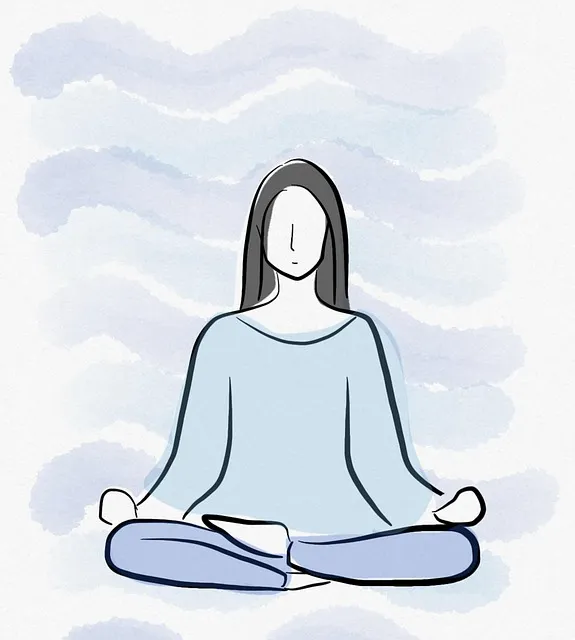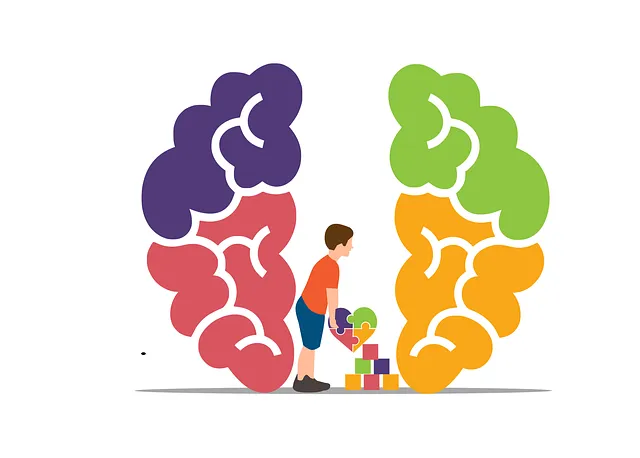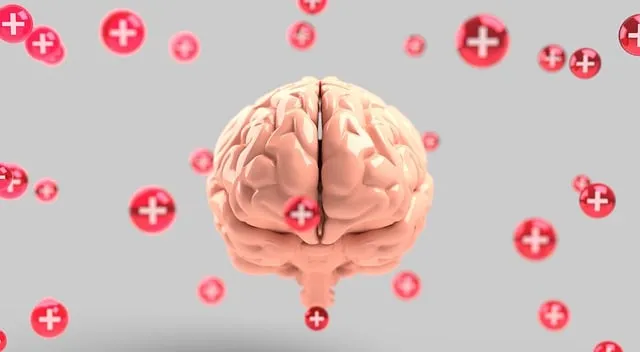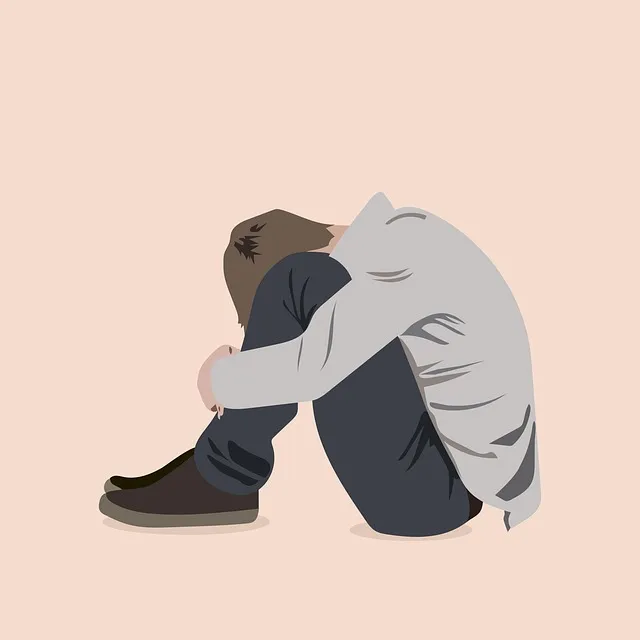The Kaiser Permanente Mental Health Access Center Lone Tree emphasizes that self-care is not optional but essential for holistic well-being, particularly for trauma survivors. They offer a range of services, from stress management workshops to creative outlets and mindfulness exercises, empowering individuals with tools to enhance mental clarity, resilience, and happiness. By prioritizing personal self-care needs through introspection and expert guidance, one can overcome barriers like busy schedules, improve emotional regulation, and achieve better life satisfaction, all crucial for navigating mental health challenges effectively.
In today’s fast-paced world, self-care is not a luxury but a necessity. Understanding and prioritizing self-care practices are essential for maintaining overall well-being. This article explores the crucial role of organizations like the Kaiser Permanente Mental Health Access Center Lone Tree in promoting holistic health. We’ll guide you through identifying personal needs, offering practical strategies for daily routines, and providing expert tips to overcome barriers, ensuring you can create a sustainable self-care plan tailored to your unique journey.
- Understanding Self-Care: Why It Matters for Your Overall Well-being
- The Role of Kaiser Permanente Mental Health Access Center Lone Tree in Promoting Self-Care
- Identifying Personal Self-Care Needs: A Journey to Self-Discovery
- Practical Strategies for Integrating Daily Self-Care Routines
- Overcoming Barriers and Sticking to a Self-Care Plan: Tips from the Experts
Understanding Self-Care: Why It Matters for Your Overall Well-being

Self-care is an essential aspect of maintaining overall well-being, often overlooked but profoundly impactful on our mental and physical health. It involves intentionally setting aside time and energy for activities that rejuvenate and restore us, both mentally and emotionally. At the Kaiser Permanente Mental Health Access Center Lone Tree, we recognize that self-care isn’t merely a luxury; it’s a necessity. Our experts emphasize its critical role in managing stress, preventing burnout, and fostering resilience. By prioritizing self-care, individuals can improve their ability to cope with life’s challenges, enhance their mental clarity, and boost overall happiness.
This practice is particularly crucial for those who have experienced trauma, as it provides a safe space for healing and recovery. The Kaiser Permanente center offers comprehensive Trauma Support Services designed to help clients develop effective coping mechanisms and build Empathy Building Strategies, which are vital tools in the self-care arsenal. Through these services, individuals can learn positive thinking techniques, explore creative outlets, and engage in activities that nurture their mind, body, and spirit.
The Role of Kaiser Permanente Mental Health Access Center Lone Tree in Promoting Self-Care

The Kaiser Permanente Mental Health Access Center Lone Tree plays a pivotal role in promoting self-care and mental wellness within the community. This center offers a comprehensive range of services designed to support individuals in cultivating inner strength and developing positive thinking patterns, both essential aspects of holistic well-being. Through various programs and initiatives, they empower people to take charge of their mental health and adopt sustainable self-care practices.
One notable contribution is their production of the Mental Wellness Podcast Series, which provides valuable insights and practical strategies for managing stress, anxiety, and other common mental health challenges. The center’s approach encourages individuals to prioritize their mental wellness, fostering a sense of balance and resilience. By combining professional guidance with accessible media, they ensure that self-care becomes an integral part of daily routines, ultimately enhancing the overall quality of life for those seeking support.
Identifying Personal Self-Care Needs: A Journey to Self-Discovery

Identifying your personal self-care needs is a journey of self-discovery that can profoundly impact your overall well-being, especially when guided by professionals like those at the Kaiser Permanente Mental Health Access Center in Lone Tree. This process involves introspecting to understand what unique behaviors and activities nourish your mind, body, and spirit. It’s not one-size-fits-all; what works for someone else might not resonate with you.
At the heart of this journey are practices that address stress management, emotional healing, and cultivating mindfulness—principles championed by organizations focusing on mental health awareness. Engaging in these processes can involve attending workshops on stress management techniques, exploring Mind Over Matter principles, or delving into various emotional healing processes. By recognizing your personal needs and incorporating them into your routine, you lay the groundwork for improved resilience and overall life satisfaction.
Practical Strategies for Integrating Daily Self-Care Routines

Integrating daily self-care routines is a vital step towards enhancing overall well-being and resilience. For individuals seeking to prioritize their mental health, the Kaiser Permanente Mental Health Access Center in Lone Tree offers valuable resources and guidance. One practical strategy involves dedicating time for activities that promote relaxation and stress reduction, such as mindfulness exercises or engaging in hobbies like painting or reading. These practices not only provide a moment of calm but also foster self-awareness and emotional regulation, which are essential components of managing mental health challenges, including anxiety relief.
Additionally, risk management planning for mental health professionals can significantly contribute to their own well-being. By incorporating empathy-building strategies into daily routines, healthcare workers can enhance their ability to connect with clients while mitigating the potential risks associated with work-related stress. This holistic approach ensures that both patients and mental health professionals benefit from a supportive and sustainable environment, fostering better outcomes for everyone involved.
Overcoming Barriers and Sticking to a Self-Care Plan: Tips from the Experts

Overcoming barriers to self-care is a significant step towards improving mental well-being. Many individuals struggle to maintain a consistent self-care routine due to various challenges, such as demanding work schedules or personal responsibilities. The Kaiser Permanente Mental Health Access Center in Lone Tree emphasizes that understanding and addressing these obstacles is crucial for long-term success. One expert tip is to start small and set achievable goals. Breaking down self-care into manageable tasks makes it less daunting and increases the likelihood of adherence. For instance, dedicating 15 minutes each day for mindfulness exercises or engaging in a short walk can be a great beginning.
Additionally, seeking support from healthcare providers plays a vital role in overcoming barriers. The Mental Illness Stigma Reduction Efforts encourage open communication with healthcare professionals who can offer guidance tailored to individual needs. Healthcare Provider Cultural Competency Training ensures that these interactions are respectful and sensitive to diverse backgrounds, fostering trust and motivation. Moreover, addressing burnout prevention through self-care is essential. By prioritizing rest, relaxation, and hobbies, individuals can recharge and maintain a healthy balance in their lives, which is crucial for overall mental health and well-being.
Self-care is not a luxury but a necessity for maintaining optimal well-being. As highlighted by the expertise of the Kaiser Permanente Mental Health Access Center Lone Tree, incorporating self-care practices into daily routines can significantly enhance overall health and happiness. By understanding personal needs through self-discovery and adopting practical strategies, individuals can overcome barriers and stick to a sustainable self-care plan. Remember that prioritizing self-care is a journey, and with consistent effort, you can cultivate resilience, reduce stress, and improve your quality of life.






